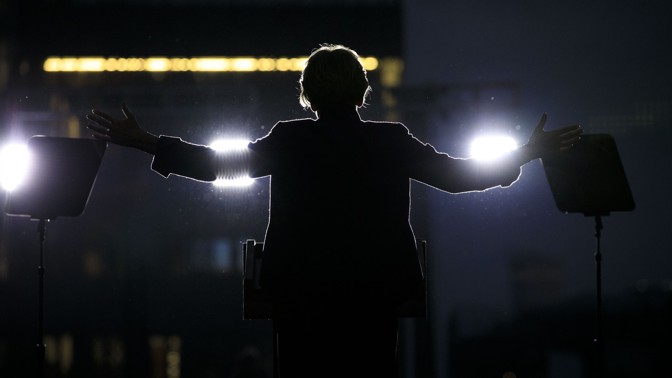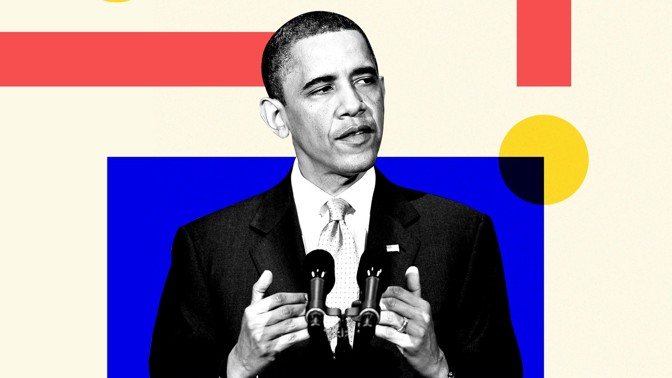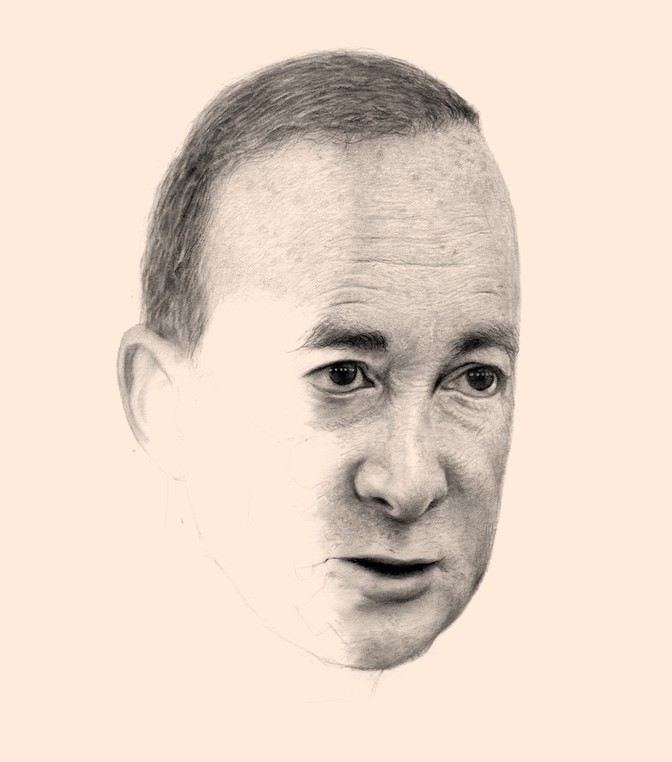It’s Thursday, March 5. In today’s newsletter: Some theories from strategists and analysts about what went wrong in Elizabeth Warren’s presidential run. Plus: Barack Obama hasn’t endorsed, and probably won’t anytime soon.
*
« TODAY IN POLITICS »

(DREW ANGERER / GETTY IMAGES)
What Went Wrong for Warren
One of the biggest mysteries of 2020 is now what in the world happened to Elizabeth Warren’s presidential campaign. For a chunk of 2019, the Massachusetts senator was steadily surging in the polls. She was briefly treated as a front-runner by other candidates.
And then, suddenly, she started falling. Today, Warren’s dropped out of the race. Once voting started, she never finished better than third place in any single state—including Massachusetts, where she won her Senate seat handily just two years ago.
Unlike past presidential front-runners who have imploded, Warren never made a true cringe-worthy gaffe, never really switched up her tactic (plans, plans, plans), or got complacent with campaigning from the comfortable, if temporary, perch of front-runner.
My colleague Elaine Godfrey sought out some theories from strategists and analysts about what went wrong.
Was Warren’s support for Medicare for All her undoing?
It sure seems to me like her troubles started with Medicare for All. She was very clear: I’m a capitalist, not a socialist, but then she did Medicare for All and got lumped in with Bernie. That seemed to be, as Churchill would say, the beginning of the end. When she [announced her support for it], I just flinched, like, Oh, come on! ’Cause you’re never gonna get out of it!
—James Carvile, Democratic strategist
Did electability concerns scare voters off?
For voters who were looking for a liberal, Bernie Sanders–like candidate but wanted a new model—somebody who was not as old, not as male, not as crotchety—[Warren] looked like this new great option. And for other voters, especially for a lot of women who wouldn’t put themselves in the “very liberal” category, there was an appeal to her because she seemed more unifying than Bernie Sanders. But both of those sides [ultimately] felt very unsatisfied: If you were worried about electability, her decision to say, Well, I’m not totally backing away from Medicare for All made you think she’s still going to be hit for being too liberal in November.
—Amy Walter, national editor for The Cook Political Report
How much of it was sexism, plain and simple?
My colleague Megan Garber writes that Warren’s fall cannot be disentangled from her gender:
The paradox is subtle, but punishing all the same: The harder she works to prove to the public that she is worthy of power—the more evidence she offers of her competence—the more “condescending,” allegedly, she becomes. And the more that other anxious quality, likability, will be called into question.
Contrary to popular tropes of “hot mess” women—successful in their work, a disaster in their personal lives—Warren telegraphed having-it-together-ness on both fronts, Megan argues. And that competence ultimately wasn’t well-received.
—Saahil Desai
*
« IDEAS AND ARGUMENTS »

(Getty / The Atlantic)
1. “Obama is still not going to speak out…He hasn’t ruled out that he might end up campaigning for Sanders instead, and has thought of the case he’d make.”
What’s former President Barack Obama thinking now that his partner for eight years appears to be the Democratic front-runner? You probably won’t hear from him until the Democratic National Convention in Milwaukee (and, no, he hasn’t endorsed anyone yet), Edward-Isaac Dovere reports.
2. “We have now before us three candidates divided by ideology, but united in dotage. All three white men were born in the 1940s...”
So the last three major candidates for the presidency were all born before the invention of Velcro. How did America get here? It could be that Americans are just getting older or that younger voters are traditionally less engaged, staff writer Derek Thompson says, but it could be something else.
3. “The failure to plan for health-system scarcity places us all at risk. But even now, urgent action and funding could enable us to play catch-up. ”
It’s still likely that many Americans will become sick from COVID-19, but that doesn’t mean the public and the federal government can’t mitigate the harm caused by a potential outbreak, writes Lawrence Gostin, a global health professor at Georgetown. Public-health budgets need to be funded, the White House needs to communicate more clearly (not downplay COVID-19), and the government may need to eliminate the costs of treatment for coronavirus.
*
« EVENING READ »

(ARINZE STANLEY)
A College President Who Simply Won’t Raise Tuition
Mitch Daniels, the president of Purdue University, has frozen the Indiana college’s tuition for seven straight years. The price tag for Indiana residents is $9,992 for tuition and fees, and the university has also worked to keep the cost of food services and textbooks low.
How is Daniels doing it? Our staff writer Andrew Ferguson asks in this remarkable piece from the forthcoming April issue of our magazine.
*
Today’s newsletter was written by Saahil Desai, an editor on the Politics desk, and Christian Paz, a Politics fellow. It was edited by Shan Wang, who oversees newsletters.
You can reply directly to this newsletter with questions or comments, or send a note to politicsdaily@theatlantic.com.
Your support makes our journalism possible. Subscribe here.
from The Atlantic https://ift.tt/3czivWz






0 comments:
Post a Comment